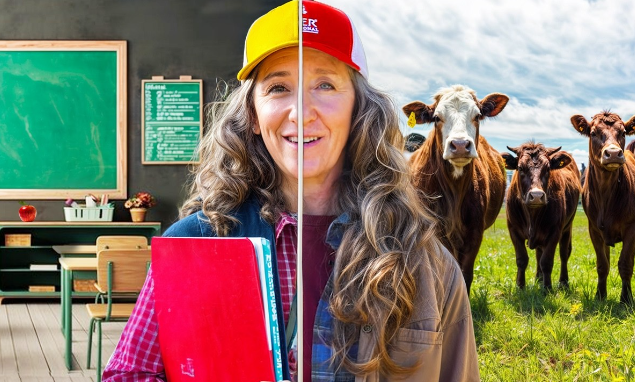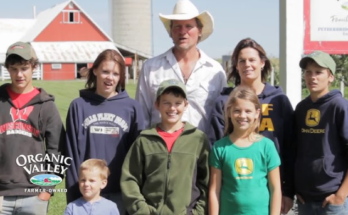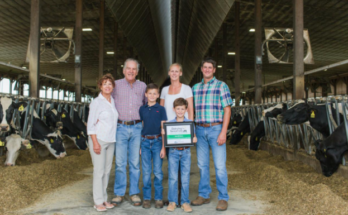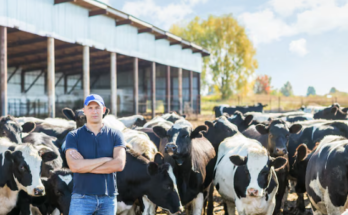If you’re think about raising grass fed cattle then you found the best video out there! This video covers everything you need to know when starting a cattle farm, including cattle health check-ups and what to feed your cattle. We’ll answer key questions like how to get water to your cattle, what fencing you need for cattle, and how much land you need to raise cattle. Discover the importance of herd health and why raising grass-fed cattle is beneficial. This guide is perfect for anyone looking to dive into regenerative agriculture and start a successful cattle farm.

Starting a Cattle Farm: Key Considerations for Beginners
Starting a cattle farm can be a rewarding venture, but it requires careful planning, proper budgeting, and consideration of various factors that will impact its success. Here’s an easy-to-follow guide for beginners looking to start their own cattle farming business.
1. Developing a Budget
One of the most crucial steps in starting a cattle farm is establishing a realistic budget. This will include initial startup costs, ongoing operational expenses, and long-term financial projections. For beginners, budgeting helps ensure that the farm is financially sustainable from the beginning. Initial costs may include purchasing land, buying cattle, acquiring equipment (such as fencing, water systems, and feed storage), and building necessary infrastructure like barns or sheds. You will also need to budget for feed, veterinary services, labor, and insurance.
Farmers typically spend anywhere from $1,000 to $3,000 per cow for breeding stock, but this can vary based on location, breed, and age of the cattle. If you’re just starting out, it’s important to account for these costs and also consider how long it may take before you see profits. Typically, it takes at least a few years for cattle farming to break even, so have a plan for managing cash flow in the early stages.
2. Release Date and Farm Operations
The release date for a new cattle farm will depend on multiple factors, including land preparation, livestock procurement, and equipment readiness. Once everything is in place, operations can begin immediately, but it is essential to maintain flexibility as there may be delays or unforeseen issues. Before opening your farm to full-scale operations, ensure that all permits, insurance, and licenses are in order. For those new to farming, consider seeking advice from experienced farmers or local agricultural extension services to ensure that you’re prepared for the practical aspects of cattle management.
Your farm’s success will heavily depend on proper farm operations, such as feeding, breeding, and healthcare for your cattle. Consistency in these areas is key to developing a successful and sustainable farm. Make sure you have trained staff or assistance, especially during busy seasons, to ensure efficient management and animal welfare.
3. Site Selection and Availability
Choosing the right site for your cattle farm is crucial for the long-term success of the operation. The ideal site should have adequate space, water sources, and easy access to feed. You’ll need a large enough pasture to allow for rotational grazing, which helps maintain the health of the land and prevents overgrazing. Soil quality, climate conditions, and proximity to markets are also important considerations when selecting a site for your cattle farm.
If you’re in a rural area with other farms nearby, you may benefit from established agricultural networks, which can provide support and share knowledge on best practices. Additionally, consider whether your location is near processing plants or distribution centers to reduce transportation costs when selling cattle.
4. Tips for Success
The success of your cattle farm largely depends on your ability to manage resources, maintain animal health, and make informed financial decisions. Building strong relationships with veterinarians, feed suppliers, and other farmers can help you navigate challenges. It’s also essential to keep learning about advancements in cattle farming practices, from breeding technologies to efficient grazing systems. Finally, be patient and realistic about the growth of your farm, as cattle farming often requires time to become profitable.
By taking these steps and being mindful of the essential considerations, you’ll be well on your way to building a successful cattle farm.



